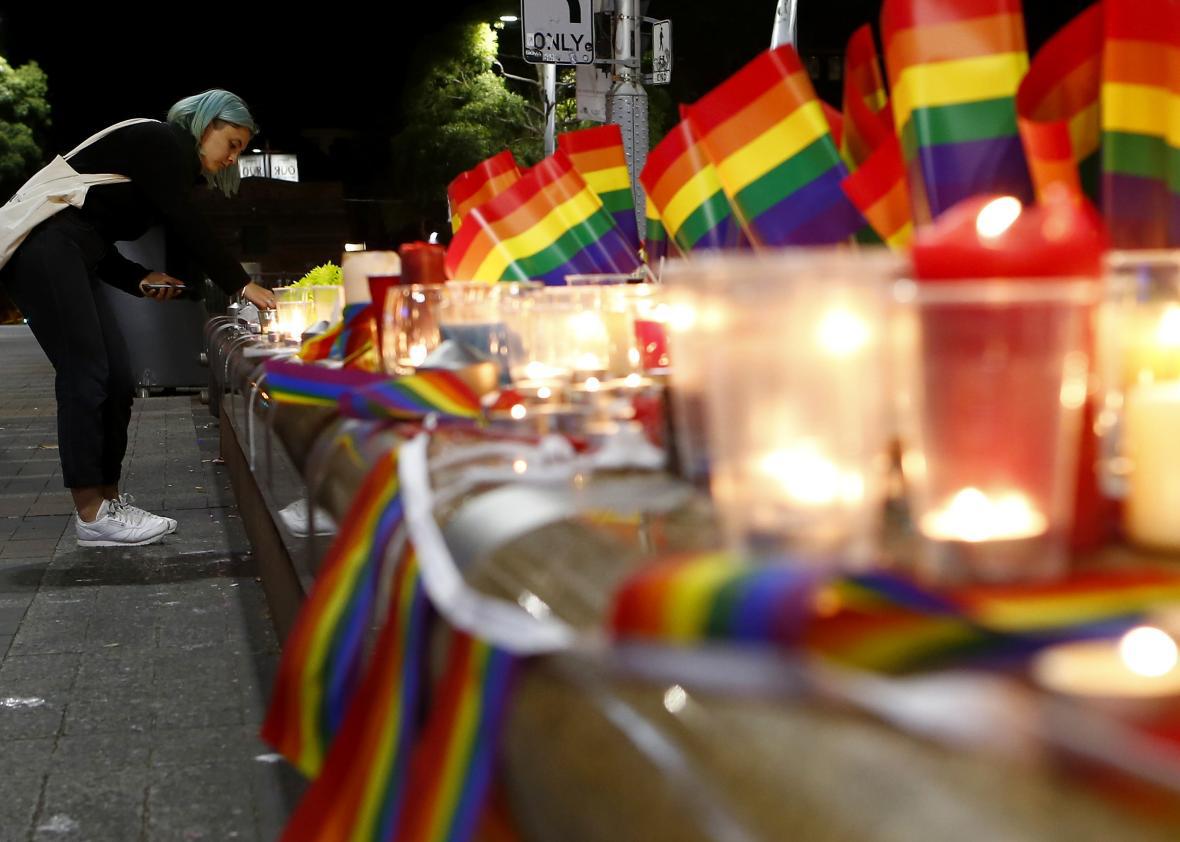Poet Maggie Smith, author of 2005’s Lamp of the Body, 2015’s The Well Speaks of Its Own Poison, and of the forthcoming collection Weep Up, has been on the country’s mind and social media feeds since her gorgeous poem “Good Bones” caught fire, spreading across the Internet after the Orlando massacre.* “Life is short and the world/ is at least half terrible,” she writes, “though I keep this from my children.”
I spoke to Smith on the phone for a few minutes as she prepared to go pick up her son from daycare.
Talk me through this poem and what you were going for.
I think of this poem, and many of the poems I’ve written since having children, as being conflicted: How do we love this world as it is, with all of its flaws and dangers, and how do we to teach our kids to love it? How do we “sell them the world” without lying to them about its realities? How do we let them see the rotten parts—because we must, eventually—and how do we empower them to do good and force change?
It uses repetition so wonderfully—
Thank you! I think of repetition in this poem as being a way to turn a difficult, multifaceted idea in my hands—and head. A way to look at an issue from different angles rather than in a one- or two-dimensional way. Repetition here seems to be a way to chip away at the issues in the poem and dig deeper and deeper into the speaker’s anxiety about the world and what kind of home it will be for her children.
Do you have themes you keep returning to in your work?
Yes, absolutely—memory, mortality, myth, motherhood, and plenty of other things that don’t start with M, I’m sure. Landscape and loss, if we want to get some Ls in there.
What’s the role of art, and poetry specifically, in the wake of a tragedy like Orlando?
That’s a big question! I will say this: Sometimes I forget that poetry can do real, tangible work. It’s a “machine made of words,” after all, as William Carlos Williams famously wrote. It can soothe us. It can articulate things we’ve felt but haven’t put into words. Granted, I would prefer better gun control, better mental health support—and we do need to do better in the U.S. by our LGBTQ brothers and sisters. That’s the big, necessary work we need to be doing right now. But I also see how poetry can be a light when things get dark.
What’s it like to write something that resonates with so many people?
When I wrote the poem, I could not have imagined the reach it would have. I’m stunned, to be honest, and incredibly moved.
Quick! What are two great poems we should all read right now?
That’s so hard—even harder than the “art after tragedy” question! But two must reads, now and always, are Keith Leonard’s “Ode to the Unsayable” and Marie Howe’s “What the Living Do.”
Read more from Slate on the Orlando nightclub shooting.
*Correction, June 19: This post originally referred to Smith’s 2015 poetry collection as “forthcoming.”
